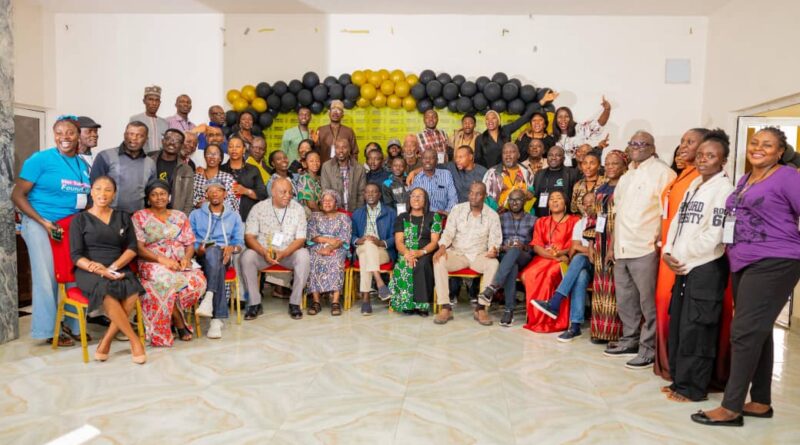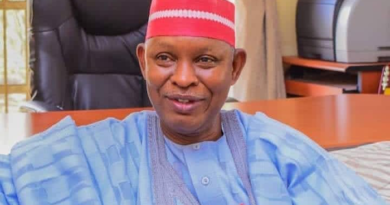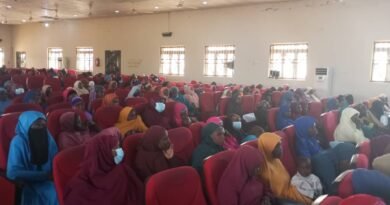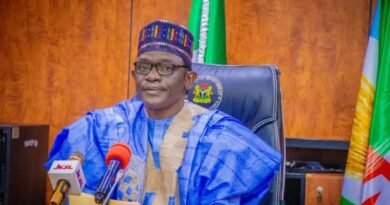Amnesty International Trains 61 media practitioners on Human Rights centered Journalism in Plateau
From Tongnaan Bawa Jos
Amnesty International, a renowned international organization has trained sixty-one journalists on human rights centred journalism reporting in Plateau State and challenged them to remain objective in the coverage of human rights stories irrespective of daunting challenges.
This was made known at a two – day training program for journalists drawn from different media platforms, under the Correspondent Chapel of the Nigeria Union of Journalists in Plateau state at the Crispan Hotel in Jos.
In an opening remark, a facilitator of the Amnesty International,
Barbara Magaji, said the organization operates in 150 countries with over 10 million membership worldwide, and also has strong volunteers and supporters.
She emphasized that Amnesty International pushes for a collective voice for justice, freedom, truth and dignity.
Magaji also stressed that the organization strongly condemns extrajudicial justice and advocates for the protection of the right to life at all times. She urged journalists to be mindful of laws that safeguard the rights of others.
Speaking on “Ethical reporting on human rights issues in contexts of conflict or recurring violence ” a lecturer in the department of mass communication, Ahmadu Bello University Zaria, Doctor Kabiru Danladi, said the media plays a critical role in building consensus and reporting conflict, therefore, the need to protect the vulnerable and strengthens democracy.
Speaking on “Safety and Protection for Journalists” a seasoned civil society activist, Dr. Gad Peter Shamaki, urged journalists to prioritize mental health, create time for relaxation, and engage in physical exercises to stay fit and also stressed the need for them to ensure they stay safe.
He urged practicing journalists to prioritize personal security while embarking on various assignments.
Dr. Plangsat Dayil, in her presentation on “Gender-sensitive reporting in Nigeria” blamed stereotyping reports, particularly those targeting the female gender.
She urged journalists to refrain from using derogatory phrases while reporting issues concerning women and appealed to them to adhere to professional ethics in their daily reporting.
Dr. Arthur Martins Aginam, who spoke on “Journalist as a Human Rights Advocate ” described an advocate as a person who publicly support or recommends a particular cause or policy.
He tasked Journalists to sustain the attitude of promoting justice, equity, and fairness to all, and advocating for human rights.
Chairman of the Correspondents’ Chapel, Plateau State Council, Polycarp Auta,
highlighted the importance of the training and cited the need for the media to speak out against human rights abuses.
He thanked Amnesty International for facilitating the media training workshop, and expressed hope that the chapel would look forward to more engagements with Amnesty International.
Auta assured that the knowledge gained during the training would be maximally utilized by members to promote human rights activities.
Our correspondent reports that key stakeholders explore ways to ensuring facts are verified and presented correctly, avoiding misinformation or misrepresentation.
The issue of human rights abuse was flagged as one major issue journalists need to improve on, for a safer and more peaceful society.
Participants unanimously and in a word each said the training was awesome, interesting, enlightening, educating, impacting, great and they hope to put into practice the knowledge gained. Some assured joining the team to volunteer, support and contribute their various quotas to more development of Amnesty International.





